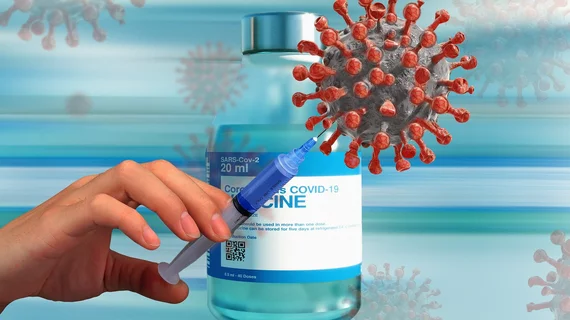FDA approves Pfizer booster shot for older adults
The Food and Drug Administration has approved booster shots of the Pfizer-BioNTech COVID-19 vaccine.
The approval, which is an amendment of the emergency use authorization, allows for a single booster shot administered at least six months after completion of the vaccination. Only certain groups are eligible for the booster under the amended authorization, including: those 65 and older; those 18-64 who are high-risk patients; and those 18-64 who are frequently exposed to the virus through work or their institutions.
“After considering the totality of the available scientific evidence and the deliberations of our advisory committee of independent, external experts, the FDA amended the EUA for the Pfizer-BioNTech COVID-19 Vaccine to allow for a booster dose in certain populations such as health care workers, teachers and day care staff, grocery workers and those in homeless shelters or prisons, among others,” Acting FDA Commissioner Janet Woodcock, MD, said in a statement posted Sept. 22. “This pandemic is dynamic and evolving, with new data about vaccine safety and effectiveness becoming available every day. As we learn more about the safety and effectiveness of COVID-19 vaccines, including the use of a booster dose, we will continue to evaluate the rapidly changing science and keep the public informed.”
The FDA’s decision comes after the agency convened a meeting of the Vaccines and Related Biological Products Advisory Committee (VRBPAC) last week, during which the VRBPAC weighed various studies and evidence of the vaccine’s efficacy and safety over time as well as evidence submitted by Pfizer. The committee also solicited input from independent scientific researchers and public health experts on the data.
“The FDA considered the data that the vaccine manufacturer submitted, information presented at the VRBPAC meeting, and the committee’s discussion, and has determined that based on the totality of the available scientific evidence, a booster dose of Pfizer-BioNTech COVID-19 Vaccine may be effective in preventing COVID-19 and that the known and potential benefits of a booster dose outweigh the known and potential risks in the populations that the FDA is authorizing for use,” the agency said.
Some of the data that convinced the FDA to approve the booster came from the Centers for Disease Control and Prevention, Israel and the U.K., which showed an immune response from the booster shots among study participants and showed higher rates of breakthrough COVID-19 among those who were fully vaccinated earlier. However, swollen lymph nodes were more associated with the booster compared to the first two doses of the vaccine.

